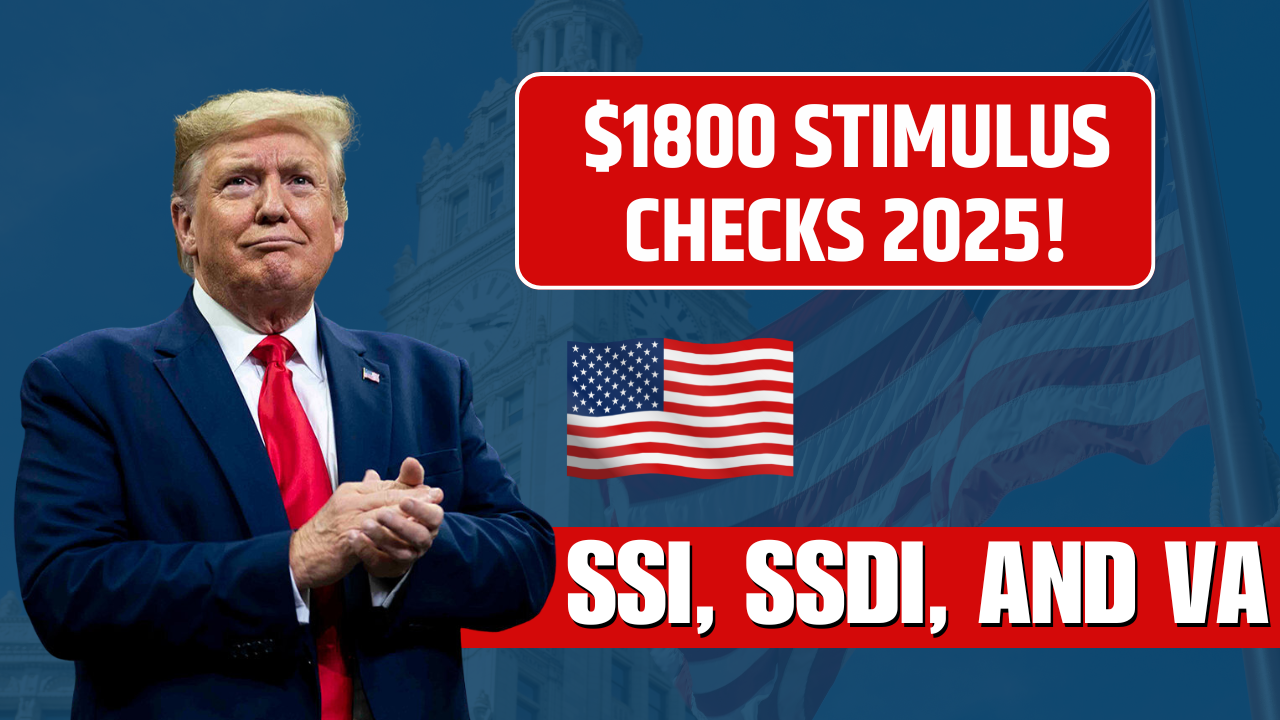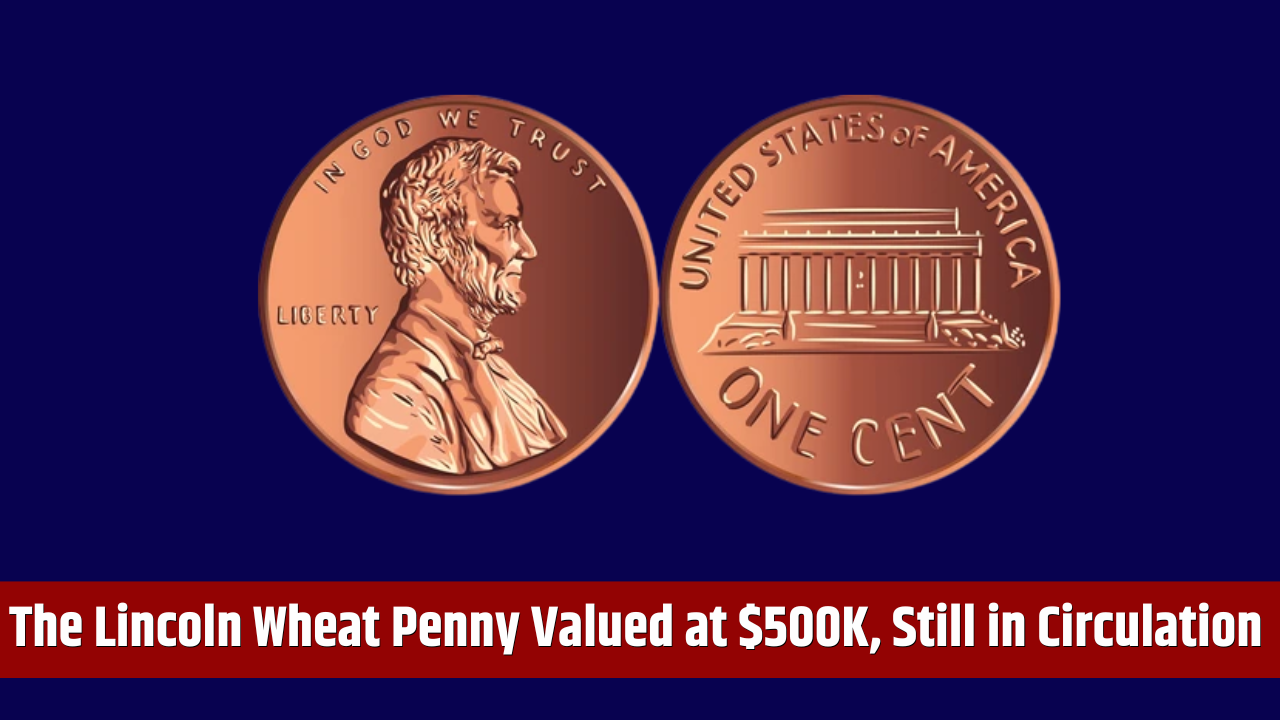With inflation continuing to pressure American households, the U.S. federal government has introduced a fresh economic relief effort for 2025: the $1,800 Stimulus Check. This one-time, tax-free payment is designed to support individuals and families struggling with essential expenses like food, rent, utilities, and healthcare. Here’s everything you need to know to understand your eligibility and when you might receive your payment.
What Is the $1,800 Stimulus Check?
The $1,800 Stimulus Check is a one-time financial boost distributed by the IRS to help low- and middle-income Americans navigate ongoing economic challenges. Rising prices, high rent, and persistent unemployment have prompted this latest measure, which aims to directly assist households feeling the squeeze.
A major benefit: the payment is entirely tax-free. You won’t need to report it as income when filing your taxes, ensuring that the full amount goes directly toward your essential needs.
Who Qualifies for the $1,800 Stimulus Check?
Eligibility for the stimulus payment is based on a few key factors:
| Requirement | Details |
|---|---|
| Income Limits | Individuals and families must fall within specific low- to middle-income thresholds. Higher earners may receive a reduced amount or no payment at all. |
| Social Security Number (SSN) | You must have a valid SSN. |
| Tax Filing Status | You must have filed a federal income tax return for either 2023 or 2024. |
| Residency | Must be a U.S. citizen or qualifying resident alien. |
Additionally, families with dependent children under the age of 17 are eligible for extra payments per child, adding valuable support for households with younger dependents.
When Will the $1,800 Stimulus Checks Be Sent?
The IRS plans to roll out payments in stages beginning June 15, 2025. Here’s how the distribution will work:
- Early filers and those with direct deposit information on file with the IRS will be the first to receive payments.
- Paper checks and debit cards will be mailed later to those without direct deposit.
- Payments will be automatically processed based on your most recent federal tax return — no additional application is needed.
How to Make Sure You Receive Your Stimulus Payment
To ensure you receive your payment promptly:
- Confirm that you have filed a tax return for 2023 or 2024.
- Update your direct deposit information with the IRS if it has changed.
- Ensure your mailing address is current if you expect a paper check.
The IRS will rely on the information already in their system, so double-checking your latest tax return details is essential.
Will Higher-Income Earners Receive the Full Amount?
Not everyone will qualify for the full $1,800. The stimulus check phases out for higher earners, meaning:
- Individuals earning above a certain threshold will receive a reduced payment.
- Those earning significantly above the limit may not receive a payment at all.
Exact income cutoff figures will be detailed by the IRS, but historically, similar stimulus payments began to phase out starting around $75,000 for individuals and $150,000 for married couples filing jointly.
Key Points to Remember
- The $1,800 payment is tax-free.
- No action is required if you meet eligibility criteria.
- Dependent children under 17 will qualify families for additional amounts.
- Payments will start rolling out mid-June 2025.
Staying informed and ensuring your tax filing is up-to-date will help you avoid any delays in receiving your funds.
FAQs
Do I need to apply for the $1,800 stimulus check?
No, eligible individuals will receive their payment automatically based on IRS records.
2. What if I didn’t file taxes for 2023 or 2024?
If you haven’t filed yet, you should file your 2024 return as soon as possible to qualify.
3. Will the payment affect my 2025 tax return?
No, the $1,800 stimulus check is not considered taxable income.
4. How much will families with children receive?
Families will receive the $1,800 per adult, plus an additional amount for each child under 17.










